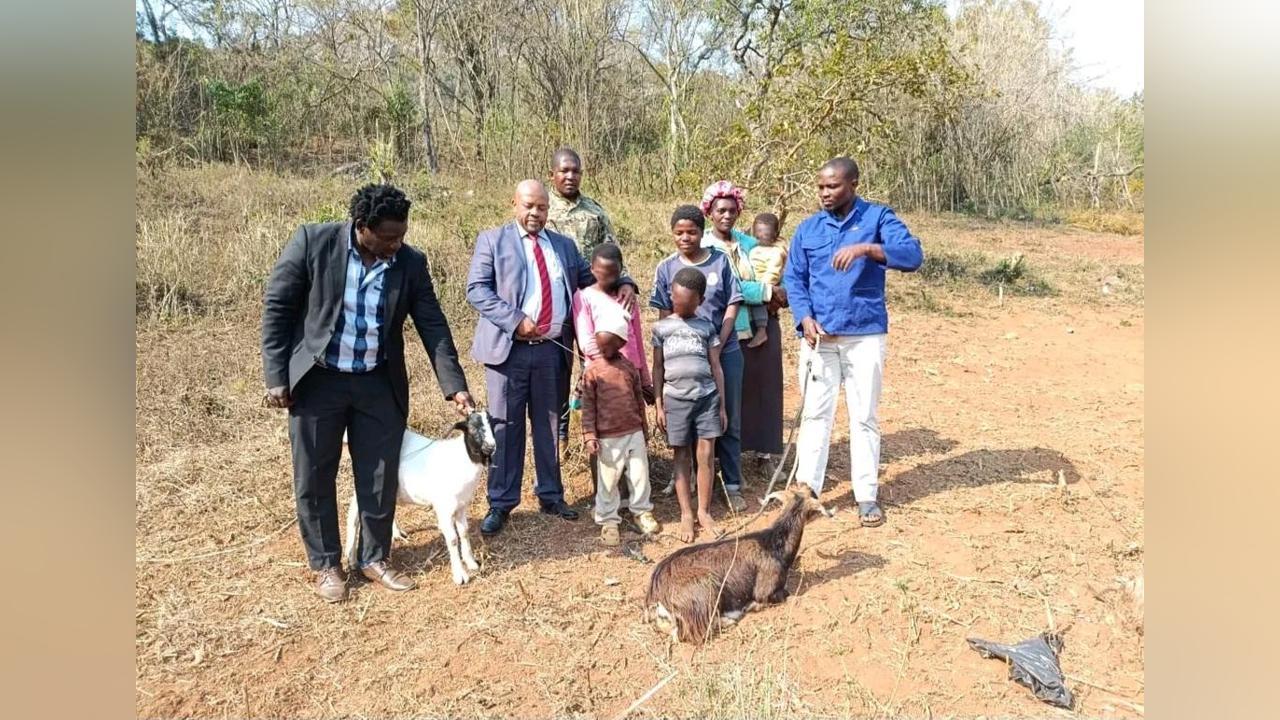Africa-Press – Eswatini. The Deputy Prime Minister’s Office has launched two groundbreaking initiatives aimed at strengthening support for vulnerable children across Eswatini—providing both practical livelihoods assistance and improved access to child-centred justice.
Through its National Disaster Management Department, the Office has begun a livestock support programme targeting child-headed households (CHHs) in the Hhohho, Manzini, and Lubombo regions. Each household is receiving three goats—two females and one male—to help promote sustainable livelihoods and food security.
Distribution in the Shiselweni region has been temporarily suspended due to the outbreak of Foot and Mouth Disease. However, to ensure that households are not left behind, the region will instead receive a double portion of poultry as compensation.
In the next phase, six indigenous hens and one cock will be distributed to each household, with a total of 250 hens and 60 cocks being allocated across the programme. Beneficiaries are also being supported with 7×7 backyard gardens, designed to strengthen nutrition and encourage household-level food production.
Officials described the initiative as a demonstration of government’s commitment to empowering vulnerable children through practical interventions that restore dignity and build long-term resilience.
Meanwhile, the Office—through its National Children Services Department—is also hosting a three-day Co-Creation Working Session on the Operationalisation of Community Child Justice. The session, which concludes tomorrow at The George Hotel in Manzini, brings together stakeholders to build a shared understanding of Eswatini’s child justice framework.
Discussions are centred on the Children’s Protection and Welfare Act (CPWA), particularly the role of Umphakatsi Child Justice Committees, as well as the use of diversion and restorative justice mechanisms.
Participants include representatives from the Ministry of Justice, the Judiciary, the Royal Eswatini Police Service (REPS), the Department of Social Welfare (DSW), and several community-based organisations.
Officials said the collaboration marks a significant step in strengthening child protection systems and ensuring that justice for children is not only accessible but also rooted in community structures and aligned with national legal standards.
Together, these two initiatives—livelihood support and justice reform—highlight the government’s multifaceted approach to safeguarding vulnerable children, equipping them with both the resources and protections needed to thrive.
For More News And Analysis About Eswatini Follow Africa-Press







